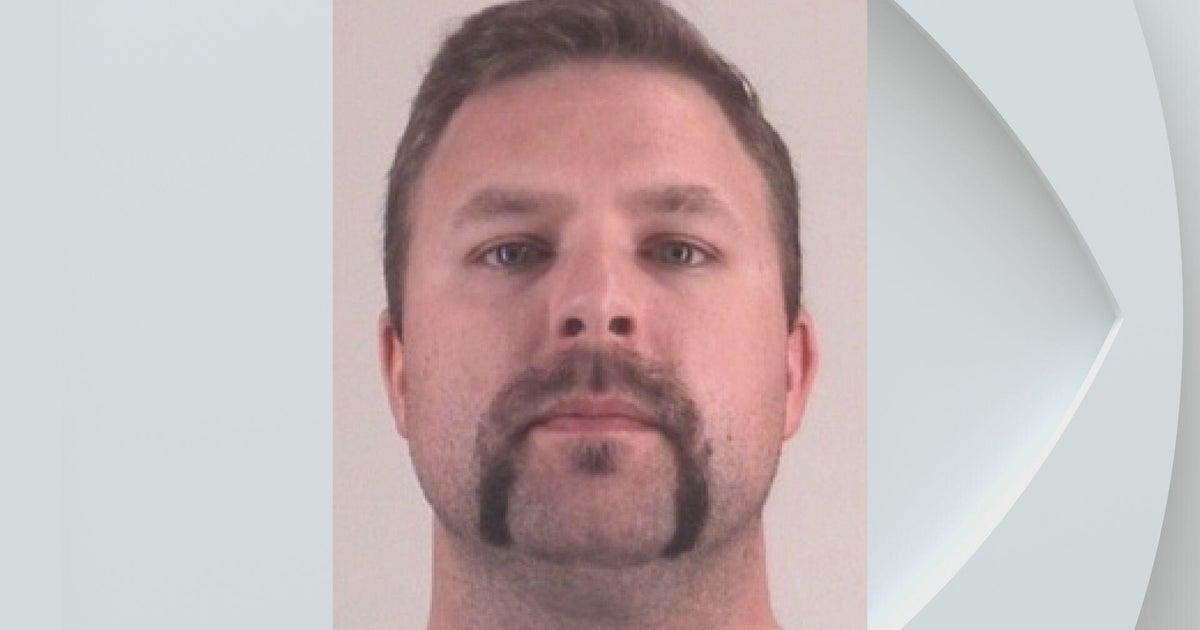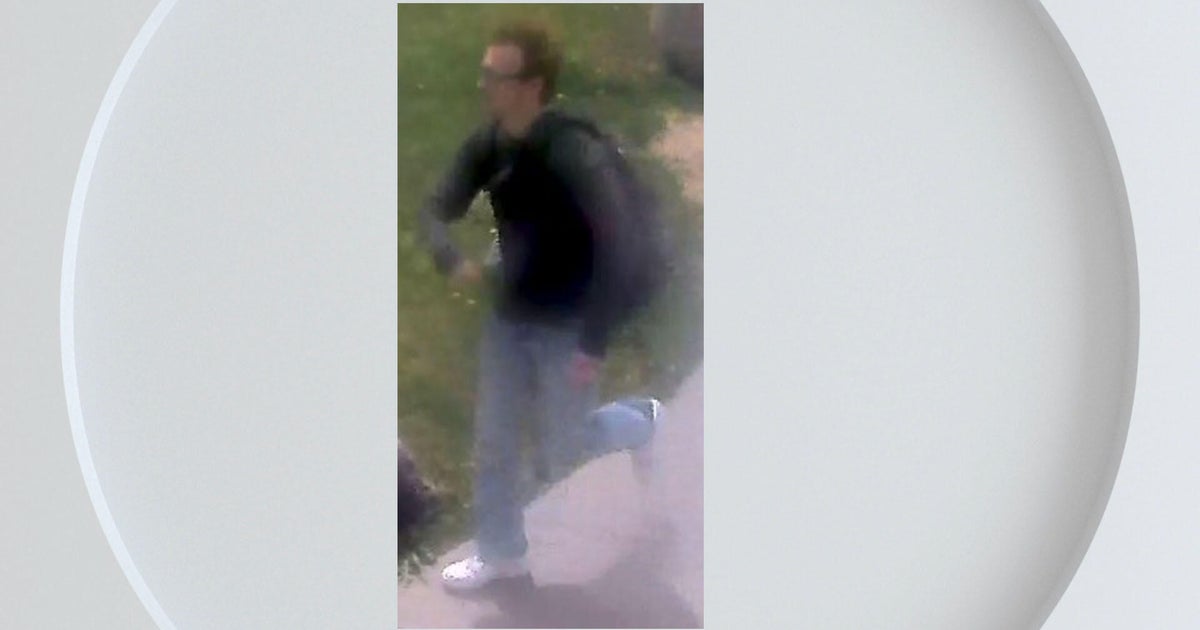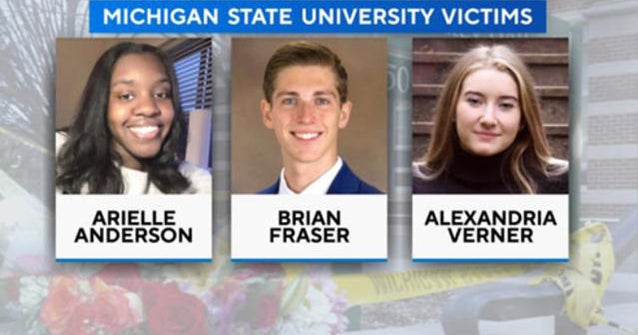Snyder Proposes $500,000 For Campus Sexual Assault Programs
By Michael Gerstein, Associated Press
LANSING (AP) — Gov. Rick Snyder's budget proposal includes $500,000 for campus sexual assault prevention programs to be split among Michigan universities competing for a sliver of that money.
But as lawmakers wrestle with the details of Snyder's total $54.9 billion budget, some advocates say the governor didn't include enough to curtail sexual assault, and they're critical of certain policies at Michigan State University as the school tries to repair its image following a federal department's conclusion that the university took too long to handle sexual assault reports.
The Michigan State Police helped administer $500,000 split between 22 schools for sexual assault prevention last year. But MSP grant coordinator Matt Opsommer said the 33 applications sent to his office totaled $1.6 million, a demand far higher than the funding.
"$500,000 is just not a lot of money to do a statewide program," Opsommer said.
Mariah Hall, an MSU senior who's on the campus Sexual Assault Crisis Intervention team, said the school could use more funding. The team is part of the university's Sexual Assault Program, which runs a 24-hour crisis hotline and other resources for sexual assault survivors.
Hall said the sexual assault therapists who work in the MSU Counseling Center are overworked, and that the Sexual Assault Program, which received a $201,038 grant in 2015 from the Federal Crime Victim Fund, could use more money. Between October 2013 and September 2014, 415 sexual assault survivors sought help from the program.
MSU spokesman Jason Cody said the university doesn't have concrete plans for Snyder's proposed grant money, but will apply if the Legislature approves the measure. Officials with Wayne State University and the University of Michigan said the same.
In 2015, the MSU Police Department and a campus sexual assault prevention program received $12,000 to train local restaurant wait staff, bartenders and taxi drivers to intervene when they suspect sexual assault, said MSU Detective Sgt. Andrea Beasinger.
Beasinger said the police department helped train workers to recognize signs — like people encouraging their date to guzzle alcohol as they merely sip — and intervention tactics. She said they could use more money for training.
The proposed grant money comes as MSU struggles to repair student trust after the U.S. Department of Education's Office of Civil Rights said in September that the university didn't act quickly enough in handling sexual assault complaints. The federal department also said the university didn't have the right policies to handle such reports.
The university has made changes during and after the investigation. But some frustrated students criticize a school policy requiring employees to report sexual assault to administrators, and slam school officials for being too concerned about image and lawsuits.
"I think that feeling is, I would say, almost universal," said Apryl Pooley, a neuroscience doctoral candidate who studies the effects of trauma on the human brain.
Pooley said she's heard many survivors don't tell university officials or employees about their assaults because they know it could entail a mandatory investigation, and they've heard "horror stories" about investigations taking too long.
"And so students feel really betrayed when that happens, when they ask not to be reported and it happens anyway," Pooley said. "That takes more control away from the victim, and there's a lot of evidence that shows those people end up having more severe post-traumatic stress (symptoms)."
Cody said students do not have to participate in investigations. But university policy requires its employees who hear of sexual assault or misconduct to report it to the Office of Institutional Equity, which was also part of the resolution with the Office of Civil Rights in the U.S. Department of Education. Cody said the policy ensures perpetrators "can be held accountable."
A national 2015 report surveying more than 150,000 U.S. students found that nearly 25 percent of female undergraduates at MSU experienced some form of actual or attempted nonconsensual sexual contact. The survey also found nearly 72 percent of female rape survivors at MSU didn't report the incident because a majority didn't consider it serious enough, or felt embarrassed or ashamed, and 28 percent said they didn't think anything would be done.
"The survey underscores that sexual assault on college campuses is a serious national issue," MSU President Lou Anna K. Simon said in statement following the survey. "I take no comfort that our preliminary analysis of this data suggests the experiences of some of our students are statistically similar to those at other (Association of American Universities) institutions."
Copyright 2016 The Associated Press. All rights reserved. This material may not be published, broadcast, rewritten or redistributed.







